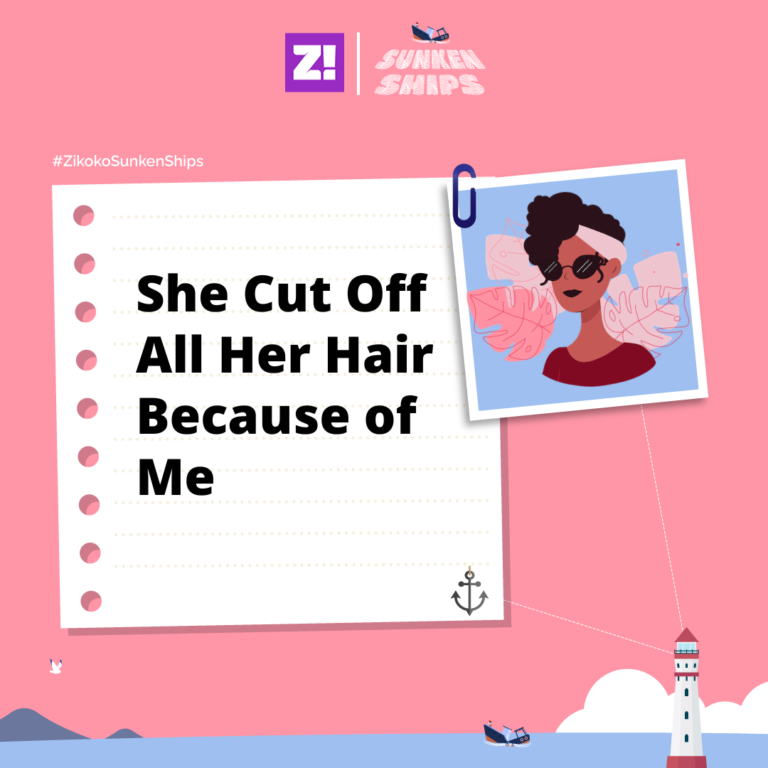In a lot of countries in Africa, women are supposed to take their husband’s last name when they get married. So, what happens when they don’t? 8 African women tell us about keeping their last name; why they did it and the problems that came with it.
Nana; Zambian, 42
Nobody ever asks men why they keep their name, so I was extremely upset when people kept asking me why I chose to keep mine. My mother kept telling me that it was unheard of, and my husband at some point was trying to convince me to just take his name so “peace will reign”. His family does not really like me because they think I am controlling their son, but I stood my ground despite all the insults, and I am glad I did. I am getting a PhD now, and knowing it will have the name of the little girl that wanted it years ago makes me happy.
Cheyenne; Zambian; 26
My partner and I chose a new last name. We both decided that it would be unfair for one of us to take the other’s last name, but we still wanted to legally be known by one name. That was when we picked an entirely new one for ourselves, and we had a lot of fun doing it. His family was fine with it, but mine flipped out. They are super traditional and could not understand why I wouldn’t take my husband’s name. It was such a big fight, they realised I was not backing down, so they just had to accept it.
Abimbola; Nigerian, 29
I feel like I should add that I am not a feminist, so not taking my husband’s surname was not even political for me. It just happened. It takes a lot of steps to change your identity, so for the first year, it was stress that stopped me. In the second year, it was the fact that I was starting my PhD, plus leaving Nigeria with my husband. Where was the time to start documenting then? I just left it. My parents don’t know I haven’t changed my name and I have been married for three years, I feel like they might make it a thing if they found out.
A; Ghanaian, 37
When my mother died and my father left, my maternal grandmother was the one that took care of me. When my husband proposed to me, I told him that I would not be changing my name because the name means too much to me to let go off. So, he agreed to take my name instead. Now, all our three children bear my surname.
Chi; Nigerian, 28
Each person is attached to their name for certain reasons. It is a name I grew up with, and I did not feel the need to change it for my marriage to be validated. For our kids, we will agree on first names for them, their middle names will be my name, and their last names will be his. Just so that each child will have a piece of both parents. Nigerians like to address you by your husband’s name immediately after marriage, so anytime I spoke with a family member, I would have to correct them. It got so tiring that my partner and I decided to not correct anyone anymore.
Zainab; Nigerian, 27
I kept my surname because as a Muslim woman my religion encourages it. Also, the stress of changing documents and swearing affidavits is not one I cannot do. My children have a different surname from me, and except from the fact that I have to explain why a few times during documentation and people insisting on still calling me by my husband’s name, everything is alright.
Chidinma; Nigerian, 34
I had made the decision to keep my last name since I was 16. When I told my father then, he threatened to disown me so I would have no last name to keep. When I got married, he refused to speak to me for a while, but he eventually opened up. My husband and I’s children have a compound name because they are ours, not one person’s.
Hafiza; Nigerian, 27
In Islam, everyone is to be known by his/her father’s name and this should not change even in marriage, but the laws of this country had made it really hard to do so. Although my husband (now ex), was not really comfortable with the idea, I consider it a blessing that I did. I cannot imagine having to swear an affidavit every time I need to use my own documents and credentials.




